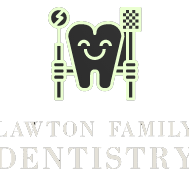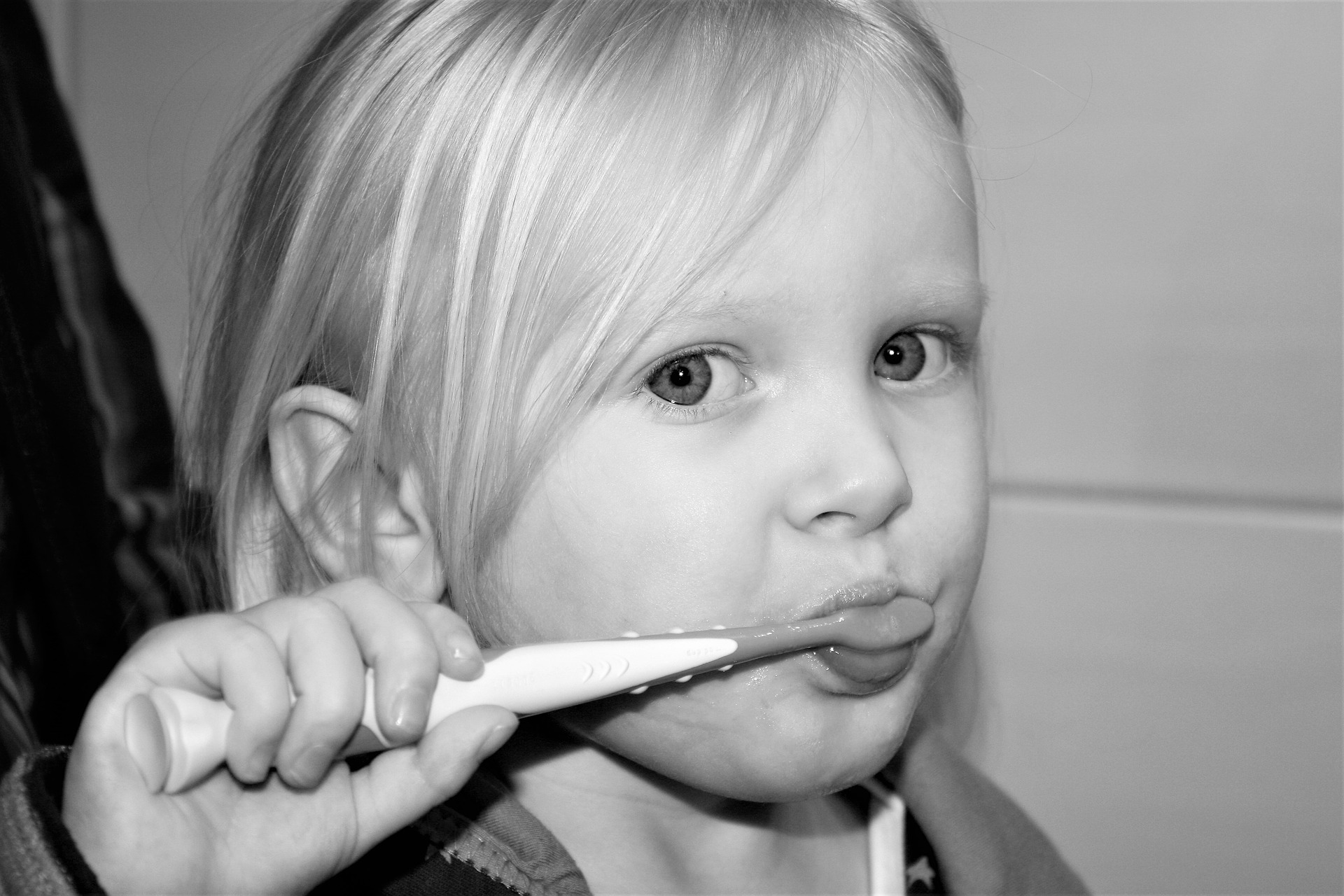TIPS THAT WILL KEEP YOUR TEETH HEALTHY FOR A LONG TIME
1. Brush your teeth twice a day
The main cause of caries and tooth loss; the two most common dental diseases, are plaques i.e. bacterial coatings. In order for your teeth to stay healthy, all plaque must be removed. Therefore, brushing your teeth twice a day is the best way to maintain good oral health.
How often should I change my toothbrush?
For the toothbrush to work well, it is important that it is fresh. It is the tips of the brush that clean, so change the toothbrush when the hairs start to bend, or at least every three months.
2. Clean between teeth
Good oral hygiene is also about making sure that it is clean between the teeth. There are several different aids to get clean between the teeth such as floss, toothpicks or gap brush. Your dental hygienist will help you try out the aid that suits your teeth.
Why should I clean between my teeth?
Bacterial deposits (plaques) are constantly formed between the teeth that cannot be accessed with the usual toothbrush. If you do not remove the coatings, they can cause gingivitis, caries and bad breath. From the late teens, it’s time to start cleaning your teeth every day.
If the gums bleed when you clean between the teeth, it may be because you have not cleaned there in a long time. Bleeding is usually a sign of gingivitis. Continue to clean, then the inflammation heals and it stops bleeding after a few days. If it does not get better, you should contact your dental clinic.
Use fluoride toothpaste
Our recommendation is to use fluoride. Fluoride protects against caries, strengthens the teeth and makes the tooth enamel and the surface of the roots more resistant to the acid that is present in everything we eat or that is formed naturally in the mouth. You can thus supplement tooth brushing with fluoride rinsing both for preventive purposes and to slow down already started caries attacks.
4. Avoid snacking
Try not to overeat and try not to drink anything but water between meals. It can be difficult – and may sound a little boring – but it’s the best thing you can do to keep your teeth strong. And otherwise when it comes to eating habits and dental health, you can easily say that what is good for the body is good for the teeth.
Plan your meals
Poor food and irregular eating routines are some of the leading causes of tooth problems. But of course it is not possible to avoid everything that is good, and there are probably very few people who want to do it. Instead, try not to eat between meals, and avoid drinking anything other than water.

Soft drinks, juices or, for example, coffee and tea with sugar are corrosive on the teeth and increase the risk of caries – or cavities in the teeth. This is because these drinks not only contain sugar, but also acids that cause teeth to erode or erode. Therefore, it unfortunately does not matter much if the soft drink you drink is a light drink – they also contain these acids.
Citric acid
Particularly harsh on the teeth is citric acid, which is used in the food industry to regulate the acidity of food. In the content declaration, citric acid is referred to as E330.
Otherwise, it is really common sense to keep your teeth healthy. You can keep in mind that diets that cause obesity also increase the strain on the teeth – and that you should not overeat during the day. The teeth need to recover just like the body after exercise.
Extra important for children’s teeth
When it comes to children, it is especially important to maintain good dietary routines, as the child develops and needs extra nutrition. It is often said that five to six meals a day during the first years are adequate – three main meals and two or three snacks.
Because children are not able to eat as much as adults, they must eat a nutritious diet. They get full quickly, so you should avoid giving them sugary foods such as yogurt, rosehip soup or ice cream and leave room for the right food.
Water is also the best drink for children. They sweat a lot and need a lot of fluid. So try to give them water between meals and milk with meals. When they then discover soft drinks and sweets, it can be a good idea to have one day a week when they can eat and drink such things – on the other hand, it is probably an equally good idea for adults.
5. Quit smoking
Everyone probably knows that smokers are at a much higher risk of developing lung cancer and cardiovascular disease. But if you smoke, you also risk suffering tooth loss and your dental care will be significantly more expensive than a non-smoker’s.
The nicotine causes the blood vessels to constrict, which means that the blood supply to the tissues in the oral mucosa decreases. Admittedly, it makes the gums look bright and healthy, although it is not.
When you stop smoking, you may think that the gums have gotten worse because they are redder and may bleed when brushing your teeth, but these problems usually disappear when the gums become healthier. Smoking also affects your immune system, which means a greater risk of getting infections.

